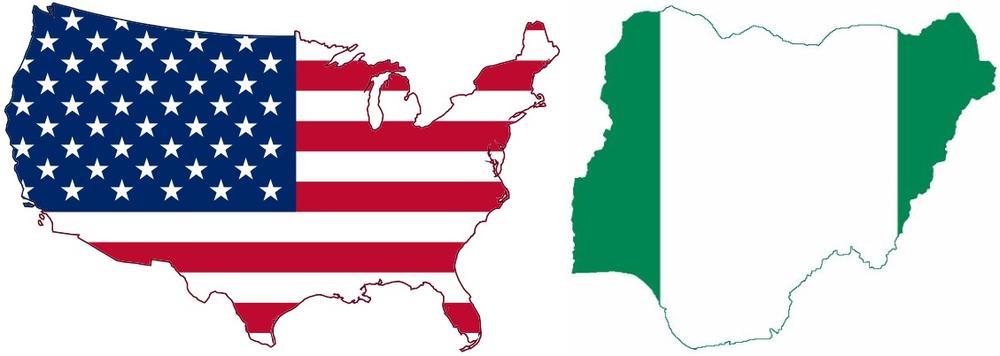
The
Department of State warns
U.S. citizens of the risks of travel to Nigeria and recommends that U.S. citizens avoid all but essential travel to
Adamawa, Bauchi, Borno, Gombe, Kano, and Yobe states because the security situation in northeast Nigeria remains fluid and unpredictable. Very poor transportation infrastructure also makes it difficult for the U.S. Mission to provide consular services in these states. All U.S. citizens should have evacuation plans that do not solely rely on U.S. government assistance. Due to the risk of kidnappings, robberies, and other armed attacks, U.S. citizens should also avoid all but essential travel to: Bayelsa, Delta, Jigawa, Kaduna, Katsina, Plateau, Rivers, Sokoto, and Zamfara states. This replaces the Travel Warning dated August 3, 2016.
Boko Haram, an extremist group based in the northeast, has targeted churches, schools, mosques, government installations, educational institutions, and entertainment venues in Adamawa, Bauchi, Borno, Gombe, Kaduna, Kano, Plateau, Taraba, the Federal Capital Territory, and Yobe states. Hundreds of thousands of Nigerians have been displaced as a result of violence in the north. Exercise extreme caution throughout the country due to the threat of indiscriminate violence. U.S. citizens should be vigilant at public gatherings and locations frequented by foreigners. Markets, hotels, restaurants, bars, and places of worship may become targets for terrorist attacks.
Travel to the Gulf of Guinea should also be avoided because of the threat of piracy.
U.S. Mission personnel are subject to restrictions when traveling in Nigeria, with the exception of local areas of Abuja and Lagos, and may be subject to other constraints as security conditions warrant.





